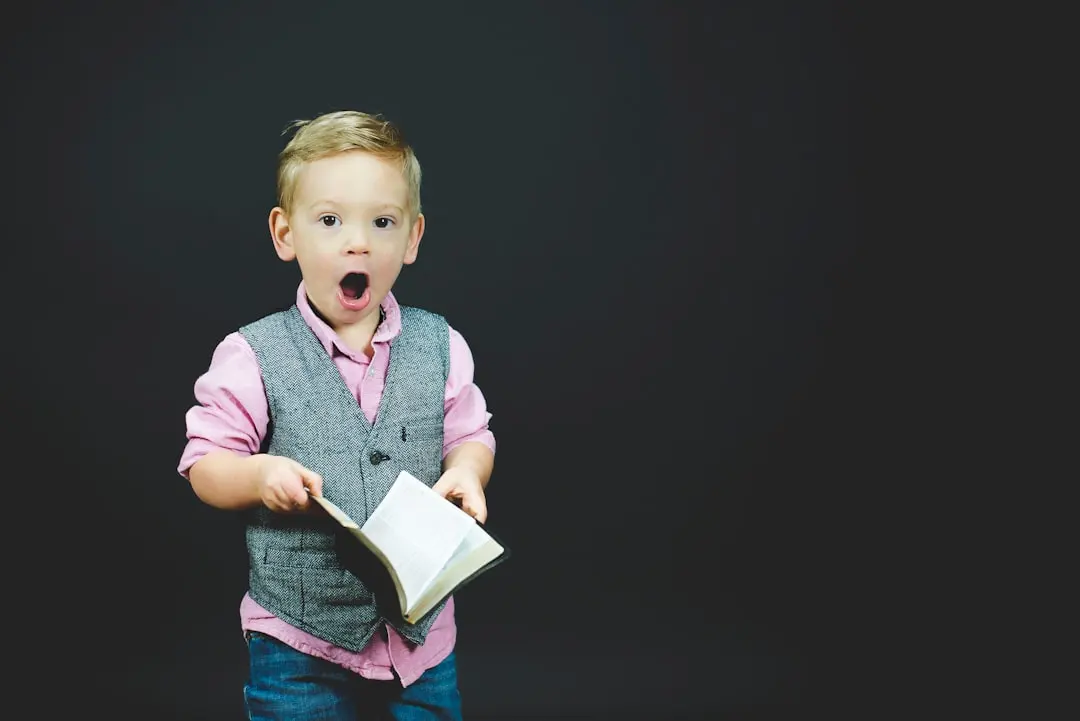

Existen numerosos estudios en el ámbito del desarrollo infantil y la música. Si estás interesado en profundizar en algunas de las investigaciones que han informado e inspirado nuestro blog aquí tienes una lista de referencias. ¡Que las disfrutes!
Equipo Duérmete Niño
Agosto 2024 · 3 min de lectura
Aleman A, Nieuwenstein M, Böcker K.B, de Haan E. (2000). Music training and mental imagery ability. Psychological Laboratory, Department of Psychonomics, Utrecht University, Helmholtz Institute, Utrecht
University, Psychological Laboratory, Department of Psychonomics, Utrecht University, Heidelberglaan 2, 3584, The Netherlands
Carlton E. (2000). Learning Through Music: The support of brain research. Child Care Information Exchange 5/00 — 56
Flom R, Gentile D, Pick A. (2008). Infants' discrimination of happy and sad music
Geist K., Geist, E, & Kuznik, K. (2012). The Patterns of Music. Young Children, 2, 75. White paper published by National Association for The Education of Young Children
Gerry D., Unrau A. & Trainor L. (2012). Active music classes in infancy enhance musical, communicative and social development.
Goddard Blythe S. (2011). The Genius of Natural Childhood: Secrets of Thriving Children. Hawthorn Press, Early Years Series. ISBN 9781907359040
Harrison C. and Pound L. (1996). Talking music: empowering children as musical communicators. British Journal of Music Education.
Hodges D. (2000). Implications of Music and Brain Research. Music Educators Journal
Ilari B. & Polka, L. (2006). Music cognition in early infancy: Infants’ preferences and long-term memory for Ravel International Journal of Music Education
Ilari B. & Young S. (2016). Children’s Home Musical Experience Across the World Indiana University Press. ISBN: 978-0-253-02210-3
Kirschner S, Tomasello M. (2010). Joint music making promotes prosocial behavior in 4-year-old children Department of Developmental and Comparative Psychology, Max Planck Institute for Evolutionary Anthropology, 04103 Leipzig, Germany
Kraus N. & Chandrasekara B. (2010). Music training for the development of auditory skills. Nature Reviews Neuroscience, 11: 599-605
Parlakian R. & Lerner C. (2010). Beyond Twinkle, Twinkle – Using music with infants and toddlers. National Association for the Education of Young Children
Perlovsky, L. (2010). Musical emotions, cognitive science, and art of music Reply. Physics of Life Reviews 7(1):49-54
Purwins H. (2010). We Perceive Music before we Understand Speech. Music Technology Group, Universitat Pompeu Fabra, Spain and Sound Perception and Design Group, Institut de Recherche et Coordination Acoustique/Musique, France
Sammler D, Grigutsch M, Fritz T, Koelsch S. (2007). Music and emotion: electrophysiological correlates of the processing of pleasant and unpleasant music
Trainor L, Clark E, Huntley A, Adams B. (1997). The acoustic basis for infant-directed singing Behavior and Development 20(3):383-396
Transforma la hora de dormir en un momento mágico ✨